A rising talent on the current Spanish scene, K1za has been making music since she was a teenager. With her distinctive raspy voice, the Madrid-based artist delivers a hardcore yet sensitive rap. She told us about her journey, the solidarity between female rappers in her country, and her new album due in 2024.
How and when did you discover hip hop?
I discovered hip hop when I was 10 or 11 years old, watching people doing battles, listening to Charlie from Bastard Sons, or before that to Crema, and rappers from the US as well.
How and when did you start rapping?
I started rapping when I was about 15 or 16. Before that, I used to compose other types of songs more rock or pop-oriented. I played acoustic guitar and then electric guitar. From a certain point, I started rapping.
When did you create the character of K1za and how would you define her?
More than a character, K1za is the nickname some of my friends gave me. K1za has always been a part of me, Carmen, since before I was even making music.
I would define it as my dark side and also probably as my strongest side. The one that carries all the bad stuff and has luckily learned to get it out through music.
How did your raspy voice come about – was it something you worked on or did you just start rapping like that “instinctively”?
It was something I worked on. At the beginning, when I sang with a more “natural” voice, I couldn’t transmit what I wanted to transmit with the lyrics. And I thought that my voice did not fit the message I wanted to convey.
I made different tests and I found that one. That’s when I felt that I was transmitting what I wanted to transmit with my music.
How does the Spanish audience usually respond to your music?
In general, people respond very well. I think it’s something that usually makes a bit of an impression to see a woman speaking the way I do.
Which track are you most proud of so far?
I don’t have a specific song that I’m most proud of. But I feel very proud of “Cobarde”, because of all the people who have been able to relate to the song and because I think it defines my style very well.
Then I feel very proud of the track with Lasole called “Yo Quise Ser”. In terms of work, it is the song that cured me the most, and the one that required the most thinking when composing it. And it has also come out in a very natural way. Musically, it is the most special song for me.
How do you usually compose a song? Do you start with the beat or the lyrics?
I always start with the lyrics. As I am used to writing, the lyrics naturally come out with a beat, whether it’s fast or slow, that I just need to adjust.
Usually ideas come to my mind without me wanting it or without me looking for it. When a sentence or a concept comes up, I start working on it. Once I have dug deeper, I look for a beat that works well with the lyrics.
When I record in the studio, it’s the same. I go in with just a text, which I may have practiced with a YouTube video or whatever. And in the studio we create a beat that fits well with the message.
Several weeks ago you released the song “Jaleo” with the rappers Tribade. How did you meet them and decide to work together?
It was thanks to Tribade that I made my first stage appearance. They invited me to perform at one of their concerts in Madrid a few years ago.
From that day on, we got on really well and recently decided to work on a song together. They came to Madrid to record it, make the video and everything. It was great.
Are you connected with other female rappers in Spain?
Fortunately, in Spain, female rappers stick together. I’m friends with Lasole, as I said, but also with Anier, Santa Salut, Elane, Lia Kali, and Tribade of course. All women who know how to have fun and kick ass.
For me, it’s an honor to be part of these women, to develop friendships, to support each other and to be able to count on each other.
Would you describe yourself as a feminist and/or queer artist? If so, how would you define your own feminism and/or queerness?
I consider myself a feminist woman and a queer woman. A feminist artist, I don’t know. I talk about what I experience and that’s it. I’m not trying to advocate any kind of struggle. I know there are things I say in my texts that are feminist, but I think feminism is an attitude.
Obviously, I’m against chauvinism and that makes me a feminist. In my lyrics, I denounce sexual assault, or I talk about beating the shit out of a guy who’s crossed the line with a woman. So it’s intrinsically feminist. But I’m not trying to put a feminist label on myself.
And it’s the same with being queer. I sing about love between women and that gives visibility or helps other people to identify. It’s something that comes naturally to me, so I don’t spend my time trying to wave the LGBT flag.
What are your upcoming projects?
At the moment, my most important project is an album to be released in 2024. And I’m working very hard on it.
Apart from that, I’m preparing some collaborations with artists I really admire, which will be released gradually.
I also have a few concerts left before the end of the year. I hope that in 2024 we’ll be lucky enough to be playing as many festivals as we are this year.
Otherwise, to keep releasing music before the album comes out.
What can we wish you?
You can wish me never to run out of willpower to keep working and keep this project going. Because at the end of the day, I don’t believe in luck so much as hard work. You should never stop fighting for your dreams, and I hope I never run out of strength to fight.

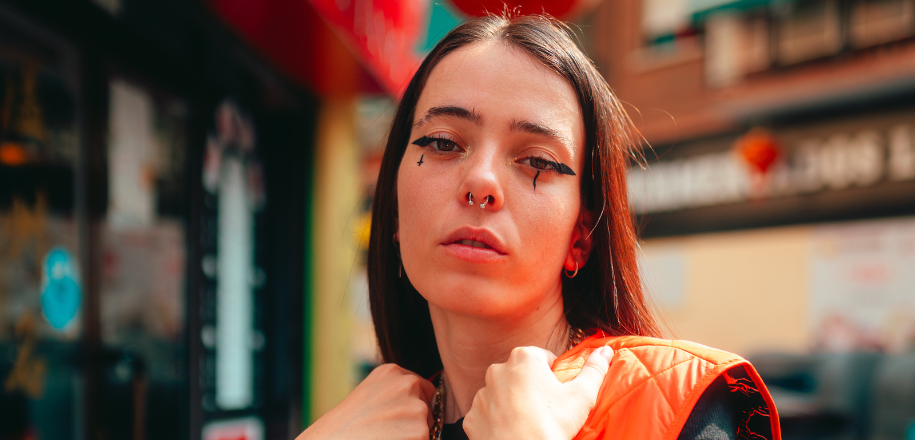
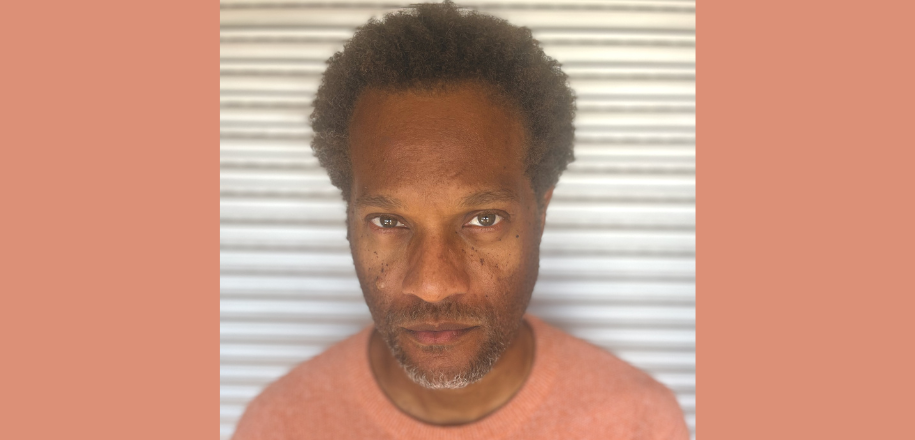
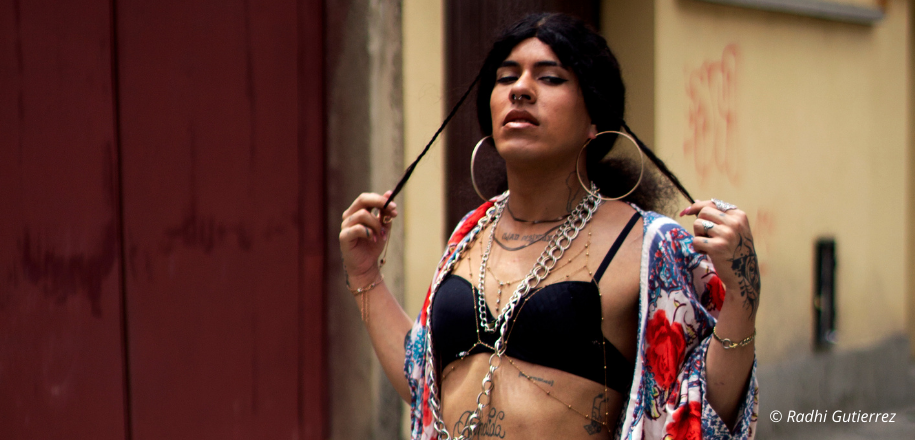
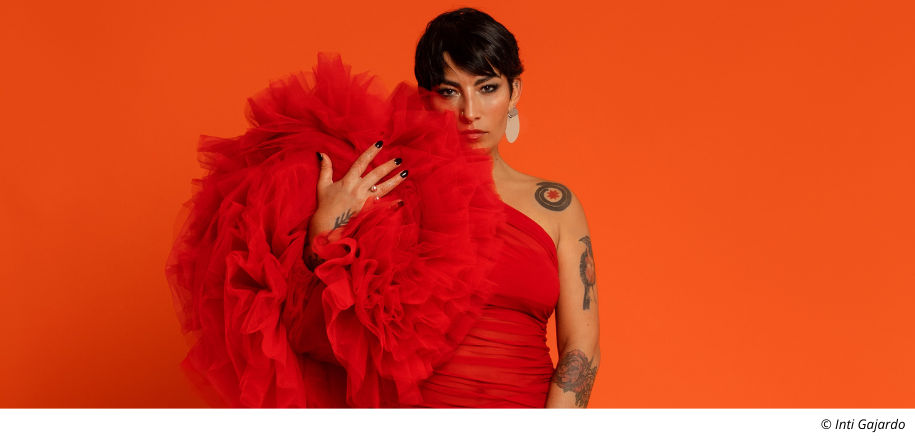
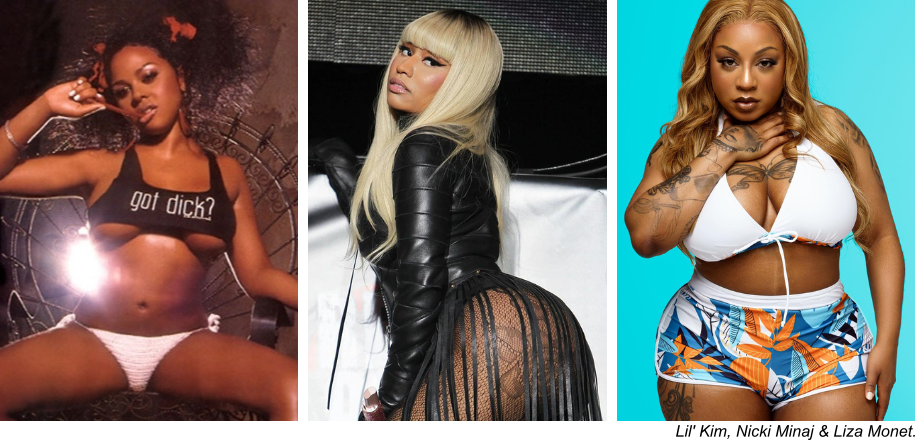
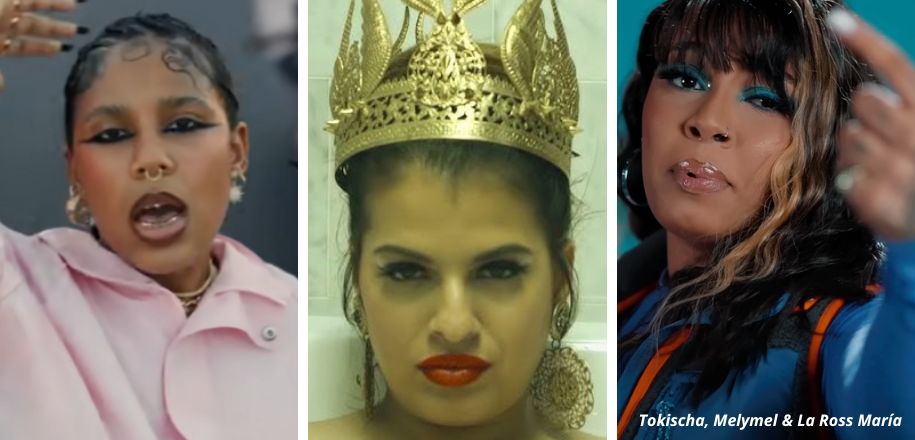
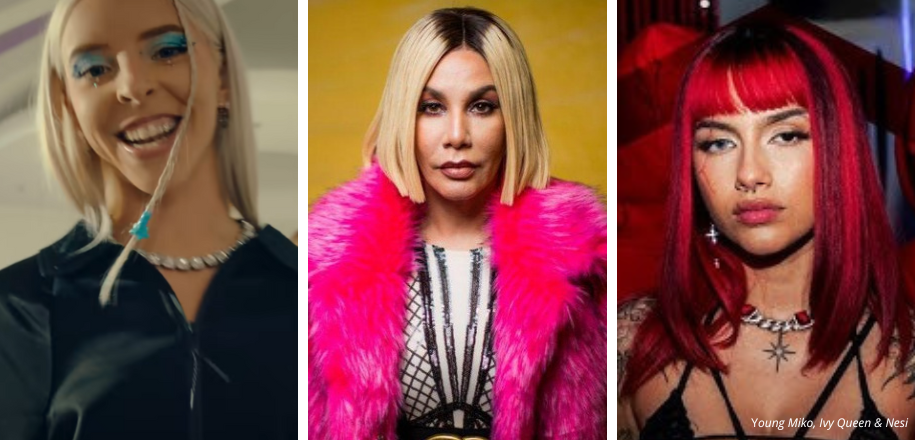
I love K1za. I love or adore her music, she has an amazing voice to listen too. I personally identify with a lot of her lyrics and music, growing up and facing many challenges and struggles. I feel like her music heals my wounds but also helps me to grow as a person. Thank you k1za for existing in this world. You are my hero.